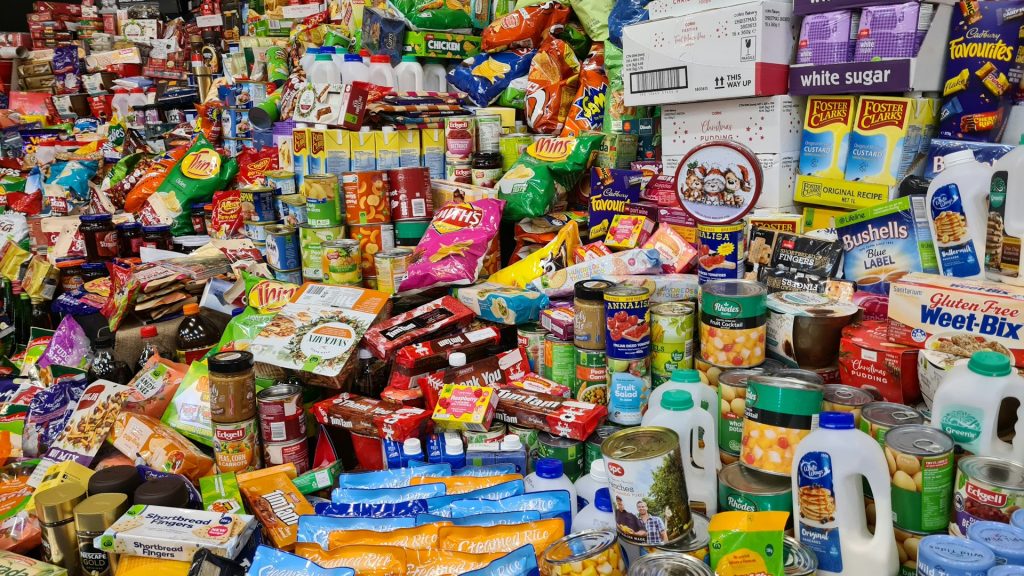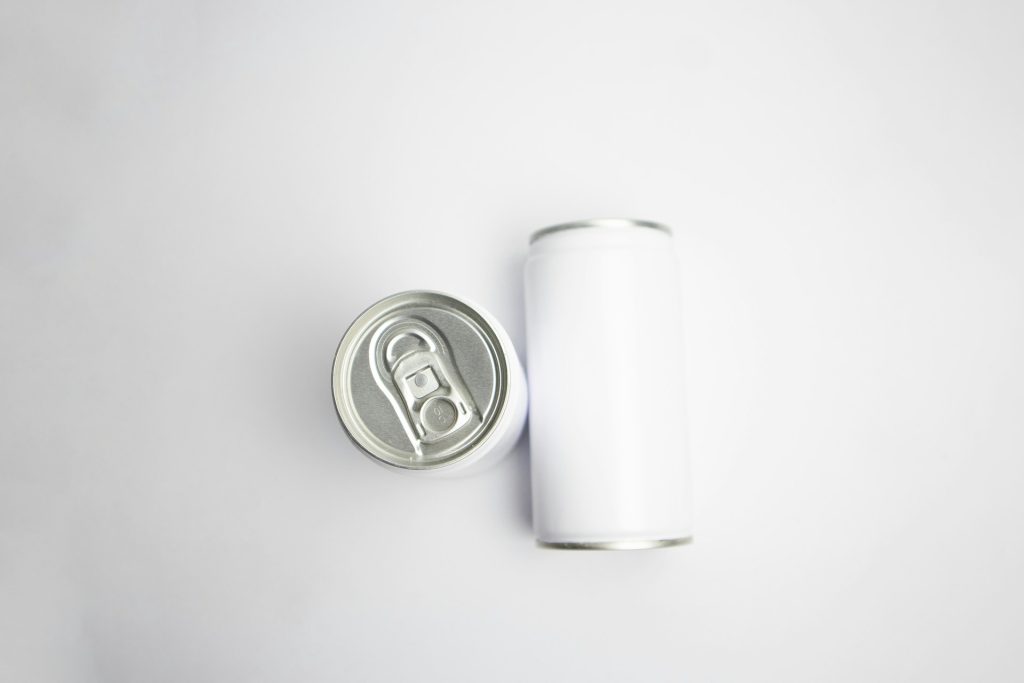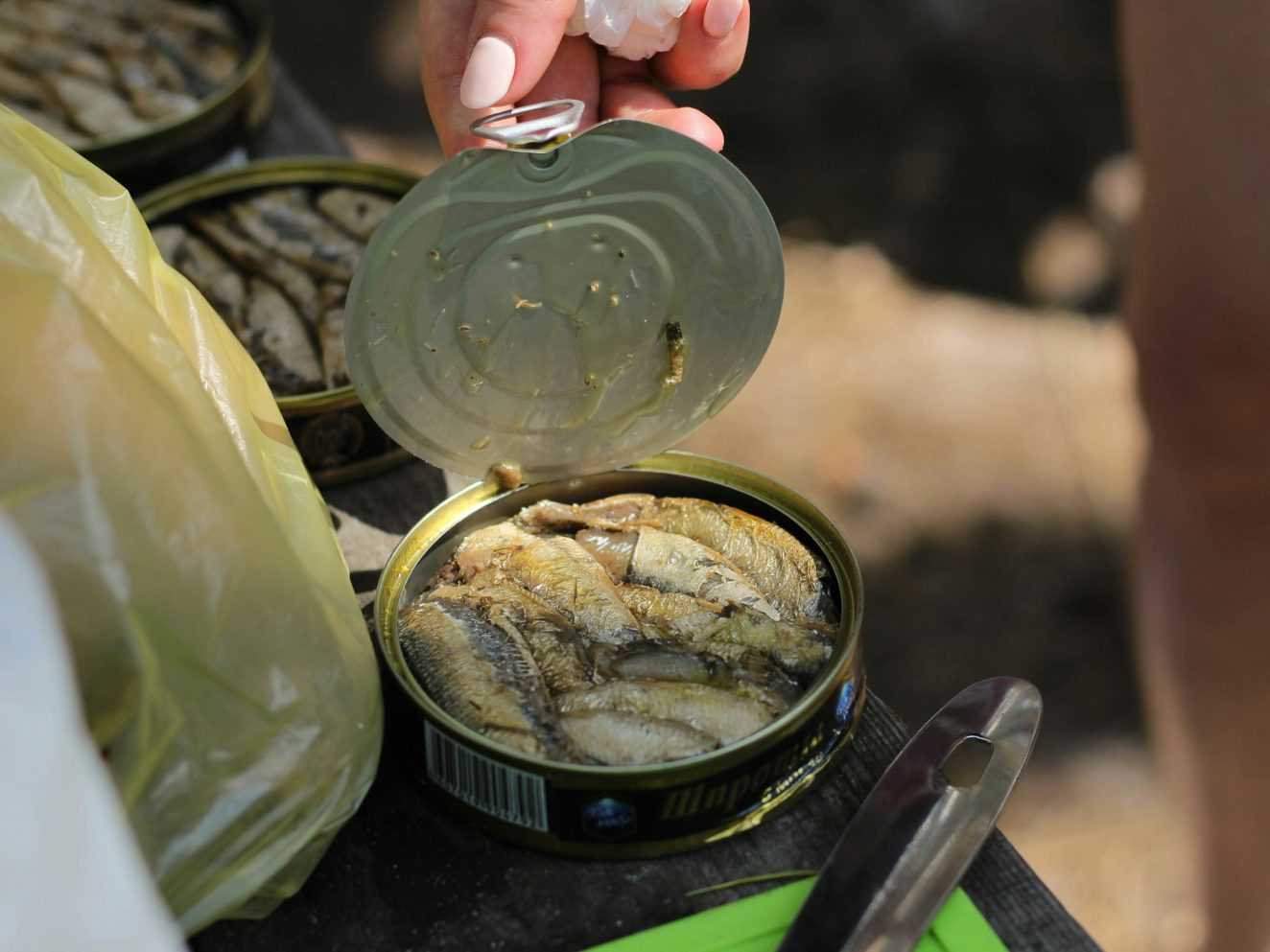Canned foods have long been a convenient pantry staple, but debates persist about their nutritional value and potential health risks. Is canned food good or bad? Let’s dive into the world of canning, explore the process, and weigh the pros and cons to help you make informed choices.

What is Canned Food?
Canning is a preservation method involving the processing and sealing of food in airtight containers like jars, steel, and tin cans. This ensures extended shelf life while maintaining the food’s quality and safety.
Canning Process: The Journey from Harvest to Can
The canning process involves meticulous steps, ensuring the freshness of fruits and vegetables. From washing, peeling, and cooking to sealing in airtight cans and subjecting them to heat, this process eliminates harmful bacteria and prevents spoilage.
Examples of Canned Foods: A Diverse Range
Canned foods cover a spectrum of categories, including fruits like peaches and pears, vegetables such as corn and green beans, grains like pasta and noodle soup, dairy with evaporated milk, and proteins like tuna, salmon, and beans.
Nutrient Levels in Canned Foods
Contrary to common beliefs, canned foods can be as nutritious as fresh or frozen counterparts. A 1997 study revealed that canned fruits and vegetables boast dietary fiber and vitamin content comparable to their fresh or frozen counterparts, with some canned products even surpassing them.

Disadvantages of Canned Foods
While canned foods offer convenience, they come with potential drawbacks:
High Salt Content
Canning often involves the use of dissolved salt, contributing to increased dietary salt intake. Opt for low-salt or no-salt alternatives.
Added Sugar Concerns
Many canned fruits come in syrup, adding unnecessary sugars. Choose fruits canned in water or 100% fruit juice to avoid excessive sugar.
Botulism Risk
Nonacidic canned foods may harbor Clostridium botulinum spores, causing botulism. Inspect cans for damage to reduce the risk.
Tissue Damage from Additives
Sodium phosphate, used in canned soups for preservation, may disrupt hormone regulation, potentially leading to tissue damage.
Preservatives and Vitamin Loss
High-heat canning may reduce water-soluble vitamins, and preservatives are sometimes added for durability.
Bisphenol-A (BPA) Concerns
BPA in can linings can migrate into food, potentially posing health risks like heart disease and diabetes.
Metallic Taste Issues
Leaching of metal from cans into the food can cause an undesirable metallic aftertaste.
Making Informed Choices: Reading Labels is Key
To make the right choice, always scrutinize labels for salt, sugar, and preservative content. Opt for low-salt alternatives, fruits canned in water, and BPA-free options to mitigate potential health risks associated with canned foods.

The debate over whether canned food is good or bad ultimately depends on informed choices. By understanding the canning process, recognizing potential drawbacks, and carefully reading labels, you can strike a balance between convenience and nutrition in your quest for a healthier lifestyle.





